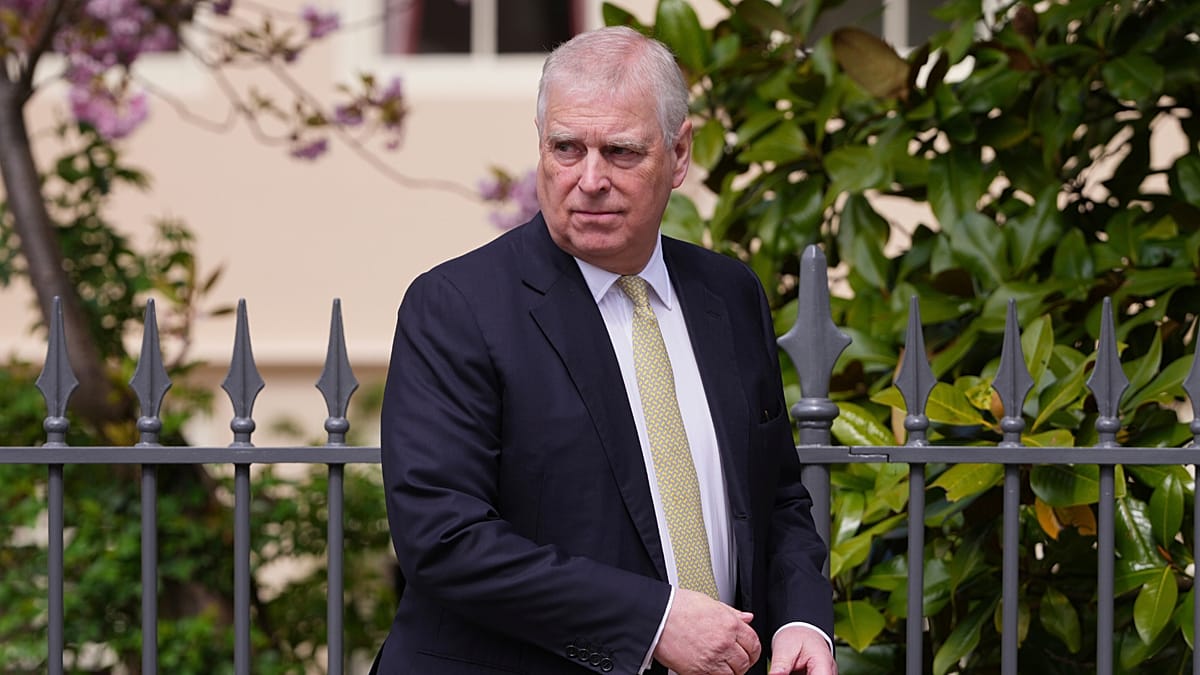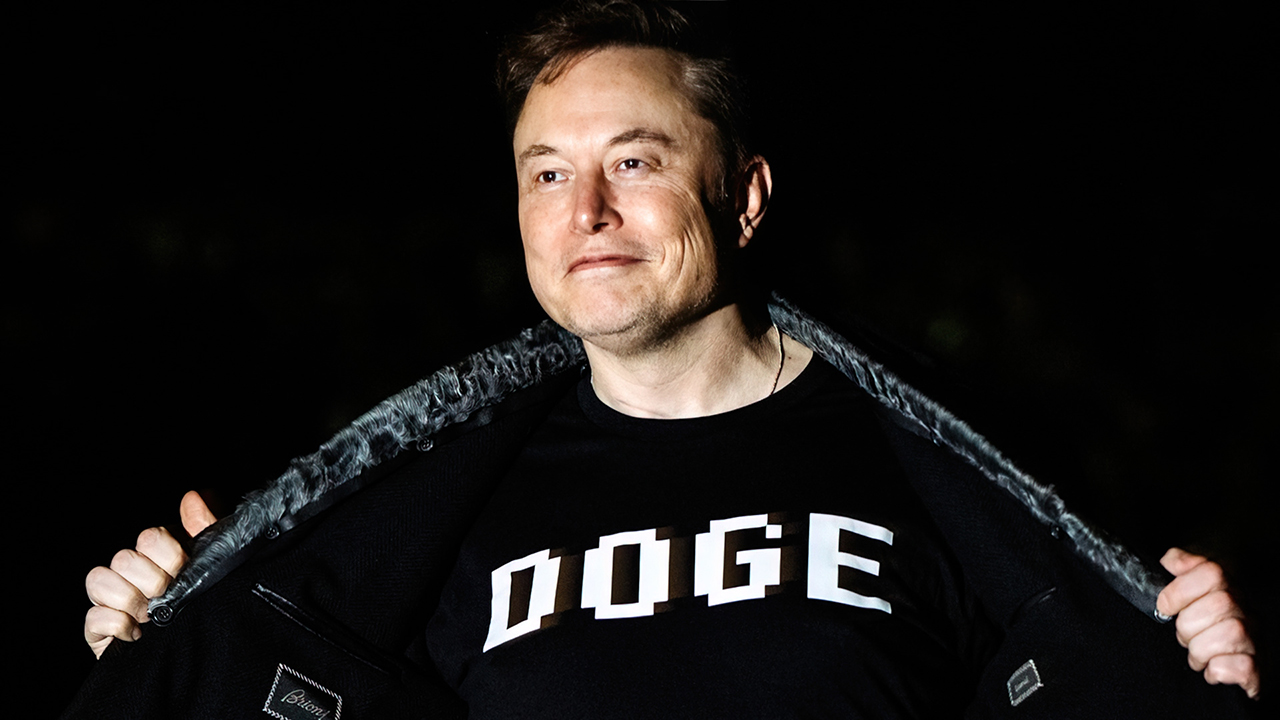€515 billion at stake – Why the UK can’t afford to miss the SpaceTech boom

From autonomous agriculture to encrypted finance, satellite-enabled infrastructure underpins 18% of the United Kingdom’s GDP – an estimated €515 million (£454 billion) of economic activity.
Yet, as the global space economy booms and European neighbours ramp up capital deployment into sovereign launch systems and orbital manufacturing capabilities, the UK is at risk of drifting in the geopolitical and commercial gravity well of the new space race.
This concern is central to The Space Economy: Act Now or Lose Out, the latest report from the House of Lords UK Engagement with Space Committee published this week. The document offers a clear and pressing message: Britain possesses significant potential to lead in the new era of space commerce, but strategic ambiguity, fragmented governance, and underfunding are curbing its ascent.
Despite a strong legacy of innovation and a fast-growing startup scene, the report argues that the UK must urgently realign its approach if it wants to remain globally competitive.
The Committee, chaired by Baroness Ashton, recommends the immediate appointment of a dedicated Space Minister and the creation of a strategic, costed, and funded plan to deliver on national space capabilities.
“Only the most strategic and forward-looking nations will capture the economic and scientific rewards of this new space age,” said Committee chair Baroness Ashton. “With the right leadership, co-ordination, and investment, the UK can be there. Space is transforming the world, and our report found much to be positive about. Britain should play a role in leading that transformation or risk being left behind.”
The numbers
The UK space sector currently employs around 55,000 people – many in high-productivity roles generating an average of €149k (£129k) annually, more than double the national average.
Yet while the sector has grown at an average rate of 6.4% since 2000, it recently contracted by 8.9% between 2021/22 and 2022/23. Analysts attribute this to global inflation, supply chain disruptions, and the lingering impacts of Brexit and COVID-19. More worryingly, the government’s own audit found no clear picture of how much is being spent across departments, and the UK invests just 0.05% of GDP in space – significantly less than its French and Italian counterparts – according to Professor Brian Cox, Professor of Particle Physics at the University of Manchester.
And this lack of investment comes at a time of rapid transformation. Globally, the space sector is worth over €406 billion ($469 billion) and is forecast to grow to €2 trillion (£1.8 trillion) by 2035. Since 2015, over €40 billion ($47 billion) in private capital has flowed into space ventures, with 77% of the global space sector now commercially driven.
In the UK, the number of space firms has exploded from 227 in 2006 to 1,907 in 2024. Yet scale remains elusive: despite the breadth of its research base and technical talent, the country has not seen a major space breakout success in recent years.
How does the UK measure up?
This issue is sharply illustrated by the 2025 investment landscape. Across Europe, the year has marked a significant acceleration in SpaceTech funding, with at least a dozen ventures announcing new rounds.
According to EU-Startups coverage, the UK accounts for three: Space Forge (€26.8 million), Spaceflux (€6.1 million), and ALL.SPACE (€3.4 million in grant funding). Together, they represent a combined raise of approximately €36 million – modest compared with their continental peers, yet indicative of Britain’s capability in areas like in-orbit manufacturing, orbital debris tracking, and satellite infrastructure.
Joshua Western, CEO of Space Forge, noted that, while his firm had been successful in garnering state and private investment in the UK, “the quantum of funding that is available for scale-up companies doing as hard as a technology as we are in space is difficult to find in the UK”.
In contrast, France and Germany are dominating investment headlines. French startups Look Up and UNIVITY raised €50 million and €44 million respectively, supported by a coordinated national focus on connectivity and collision-avoidance systems. Germany’s Reflex Aerospace and HyImpulse Technologies brought in another €95 million combined, targeting satellite design and independent European launch systems.
This concentration of funding reflects a deeper industrial strategy tied to EU-level co-financing and sovereign capability-building – something the UK has yet to replicate.
Elsewhere in Europe, countries like Spain, Italy and Belgium are developing propulsion systems, ultralight solar panels, and onboard AI through startups such as Kreios Space (€8 million), Astradyne (€2 million), and EDGX (€2.3 million).
Other relevant funding rounds include Italy’s Titan4 (€4 million) and Spain’s Orbital Paradigm (€1.5 million).
When taking these funding rounds into account, Europe’s SpaceTech scene has the look of maturing and diversifying, with significant state and supranational support driving momentum.
What needs to change
When viewed in this context, the UK’s SpaceTech profile stands out for its agility rather than scale. British startups are carving out high-value niches aligned with commercial satellite services, in-orbit logistics, and space domain awareness-areas likely to underpin the future of downstream space services.
However, as the House of Lords report makes clear, this model cannot thrive on private initiative alone. The sector suffers from fragmented governance across departments, a lack of procurement-led growth strategies, and acute skills shortages – 95% of UK space firms report difficulty in hiring appropriately trained talent.
The report calls for structural changes, including the creation of a Space Skills Taskforce and an overhaul of the grant-dominated funding model. Shifting towards public procurement could help crowd in private capital and encourage more firms to scale domestically. A single Space Minister and a cross-government “Space Champion” could help align objectives across departments currently operating in silos.
Beyond economics, the report warns of the UK’s growing vulnerability due to space infrastructure dependencies. Satellite-enabled systems are not only crucial to financial transactions, agriculture, and transport but also to climate monitoring and national security.
According to analysts cited in the report, losing access to Position, Navigation and Timing (PNT) services could cost the UK €1.1 billion (£1 billion) per day. As such, the committee argues that satellite services should be formally recognised as Critical National Infrastructure.
Where does the UK go from here?
One of the report’s most striking insights is how quickly global dynamics are shifting. In 2006, the UK had just over 200 space firms. In 2024, that figure is nearing 2,000. Yet if current trends continue, without strategic reform, the country may find itself overwhelmed by better-coordinated and better-funded competitors.
This divergence is already visible in the disparity between the UK’s stated ambitions and actual investment. While documents like the 2021 National Space Strategy and the 2024 Space Industrial Plan offer a strong policy direction, follow-through remains inconsistent.
Ultimately, if the UK can marry its commercial agility with the scale, certainty, and coordination seen on the continent, Britain could secure a leading role in the next phase of the space economy. If it cannot, it risks becoming an innovation hub without a growth engine – brilliant at launching ideas, but not industries.
The post €515 billion at stake – Why the UK can’t afford to miss the SpaceTech boom appeared first on EU-Startups.














































